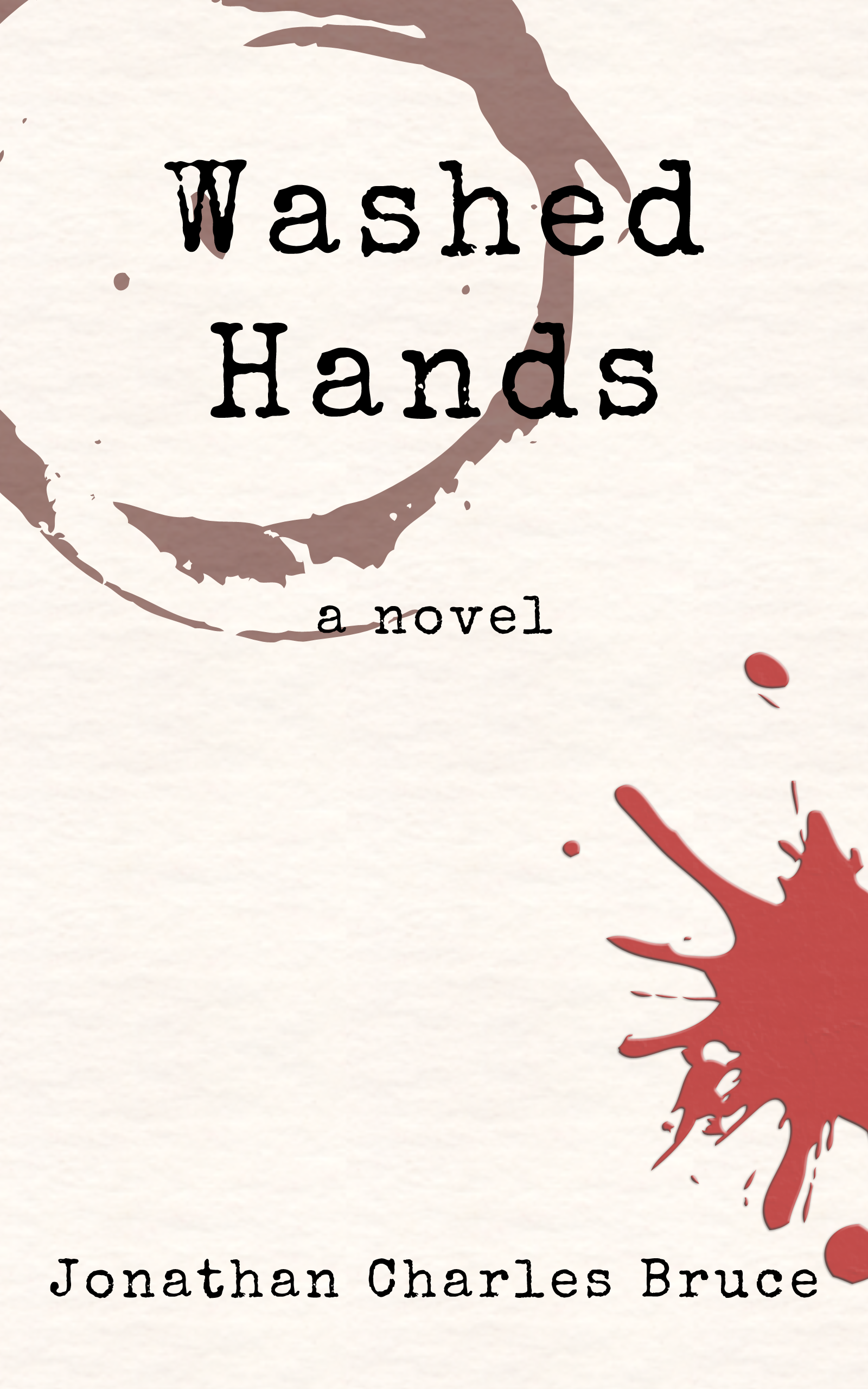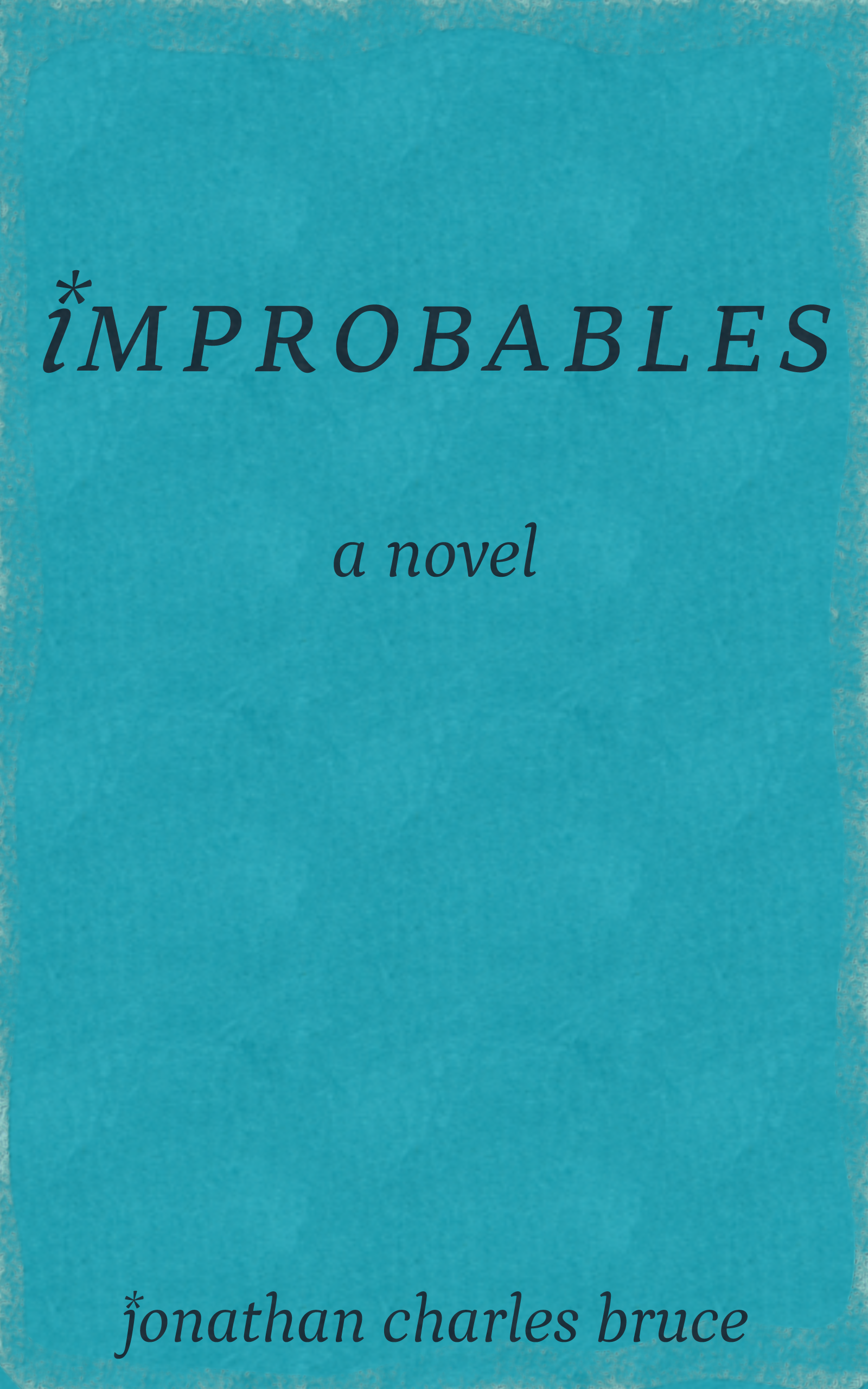Trampling in the Land of Woe
A Review
 Trampling in the Land of Woe
Trampling in the Land of Woe
William Galaini
Buy Now at Amazon.com
What happens when you cross the myth of Orpheus’s descent into the underworld with The Divine Comedy, add a splash of steampunk gadgetry, and a colorful cast of historical characters? You end up with Trampling in the Land of Woe, a fascinating and deeply memorable—and at times harrowing—tale of a love that transcends death and millennia of separation. It’s a book that explores humanity and friendship, love and loss, with moments of unexpected comedy and a grace that hits when you least expect it.
You also have a novel that I’m, like, 90% sure quotes Final Fantasy VII at one point. So if you’re into that, that’s another reason to read it.

It was either this or the other iconic line, "Waaah, my mom is an alien and I'm a weirdo."
Hephaestion, soulmate of Alexander the Great, was sent to purgatory upon his lonely death. It comes to pass that he realizes Alexander was not so lucky, and met with a descent into Hell for the fact that he was a bit of a warmongering jerk. As the land of the living roils with World War I, Hephaestion hits upon a plan to retrieve the love of his life. Sneaking into the city at the edge of Hell, New Dis, he will begin a journey through the nine circles, rescuing Alexander where he had fallen and bringing him back to purgatory.
Throughout his journey, Hephaestion encounters all manner of former-human beasts and larger monstrosities, like the coiled, multi-armed not-quite-a-serpent Minos. More talkative and (generally) less murdery, however, are the people of all stripes he meets, some Heavenbound and awash with holy power, others waiting patiently for loved ones’ sins to be burned away. There’s a thriving world within New Dis, with gambling, shopping, and a massive train system. Much of the first part of the novel is spent within the confines of the city, and it is a testament to Galaini that the land of the dead feels as lively as it does.
Fuck you, I’m hilarious.
The book has a good mix of slower, character building moments interspersed with highly engaging action set pieces. While the denizens of Hell and adjacent afterlife properties are largely stripped of their fear of death thanks to eternal regeneration resuscitating them, there is still a threat. Regeneration takes time, and if Hephaestion dies, then he loses that precious commodity—and depending on the condition of his demise, that could take centuries or millennia to reform and return to a conscious state.
As such, the dangers confronted along the way end up feeling very real; this is Hell, after all, and such imperviousness comes with cruel caveats. As Hephaestion descends into the lower reaches of Hell and encounters their more ravenous denizens, potential revival ends up being far more of a threat than mere death. It gives a nice weight to the action scenes—perhaps even more so, since the “eternal punishment” for Hephaestion is so much more immediate than it would be if Trampling in the Land of Woe took place in the realm of the living.
While the journey through the rings of hell would probably have been enough to propel the narrative forward, there are certain political machinations that help to provide an additional level of urgency. There’s definitely a certain sense of mystery surrounding this sideplot and just how our hero plays into such nefarious daring-do, but it all becomes clear in the final chapters. While these particular baddies are a nearly constant, nagging presence, they actually don’t exude quite the same threat as the multitude of horrors encountered in the various Hell rings.
It’s actually a really interesting move to make, as the human actors are reduced to a kind of intellectual threat, while the larger and more directly dangerous beasts are the true nightmares. Humans, with their plots and big ideas, are still at the mercy of Hell’s mechanisms of infernal punishment.
The novel writ large is a fantastic, fun read, rife with charming moments and a complex philosophy that will leave its audience content. The actual construct of hell-as-punishment, the nuances between the Heavenbound and the denizens of Purgatory, and the deconstructions of various sins are philosophical veins that are tapped often, though seldom with the depth such conversations could potentially warrant. It’s well within the characters’ personalities to not dwell on the intricacies of such things—after all, they’ve had much too long to ponder such things. It is instead up to us to reflect on such philosophical quandries.
It does segue into one of my biggest quibbles with the narrative—its pacing. Describing the book as “breakneck” is only accurate to about page 200 or so. After that, everything happens with such an impossibly quick stride that the first chunk of the book seems downright ponderous. While there will be some who relish the onslaught of shifting locales as Hephaestion plows through deeper and deeper circles of Hell, I feel that the chapters become too cursory to really savor some of the more interesting spectacles.
There’s a scene where a woman engaged with a Sisyphean task notices Hephaestion and his friend, only to be crushed by others like her. And… that’s it. There’s an encounter in the city of Dis with a character straight out of Dark Souls (and someone I suspect is a certain historical slice-happy murderer), and while he gets a bit more page presence, we’re moving almost immediately into the next circle soon enough. At moments, there’s a commitment to “show don’t tell” which is laudable, but doesn’t quite scratch my inquisitive itch the way I’d like. Your mileage, of course, may vary.
What does help mitigate the kind of blink-at-you’ll-miss-it speed is the friendship between Hephaestion and his friend/coadventurer Yitzhak. While there is a lot that happens quickly, the developing bond between the two men is the throughline that supports the narrative regardless of pace. Yitzhak turns out frequently to be the moral heart of the adventure, working to keep Hephaestion balanced between passion and possibility.
To push this to a wider scope, all of the support characters are consistently realized. A good portion of them get a time to shine in their scenes, even when those scenes are all-too-brief. The diversity of the cast is a welcome change from traditionally whitewashed narratives. The gay pagan Greek and his Jewish best friend make for an absolutely wonderful duo to tag along with. The Heavenbound are not restricted by religion or skin color, just as those locked in Purgatory and Hell represent all manner of people. Whether inspired by history, legend, or original characters, the citizens of Galaini’s world are a variant lot, a refreshing representation of the afterlife.
There are really only two characters that had me less than enthused. The first was the main villain, but that’s largely because I thought his sideplot wasn’t quite as warranted as it could’ve been. As such, I thought that he came off as a bit two-dimensional. But that pales in comparison to a character introduced much later as a sort of Purgatory-guardian of a particular patch of Hell. He was incredibly unappealing for his cavalier racism and discussion of rape. While it may be historically accurate for the character’s background, the scene made me feel a lot grimier than I think was intended.
If you pick up Trampling in the Land of Woe (and you really should), you’ll be entering a world of quirky, memorable characters and some absolutely riveting set pieces. If you’re like me, you’ll probably finish out the novel wanting more, but if one of the harshest things I can say about a book is that there needed to be more of it, that’s certainly not a bad thing. Besides, where I see just a bit too little, I feel like a majority of readers will walk away perfectly satiated. There’s a lot to unpack, lots of little references here and there, and a confidence in the narrative that has the power to make you laugh and hit you square in the heart when needed.
And this is where that “harrowing” comment earlier comes into play (unless you wanted to read that as a particularly hellacious literary pun). After an adventure filled with quirk and action, the destinations of Hephaestion and Yitzhak’s respective arcs are poignant and dueling perceptions of enduring love. If a book’s job is to make you feel, Trampling in the Land of Woe does the task very well.
< PREVIOUS ENTRY • NEXT ENTRY >
Advice • Fiction • Gaming • General Musings • Reviews





